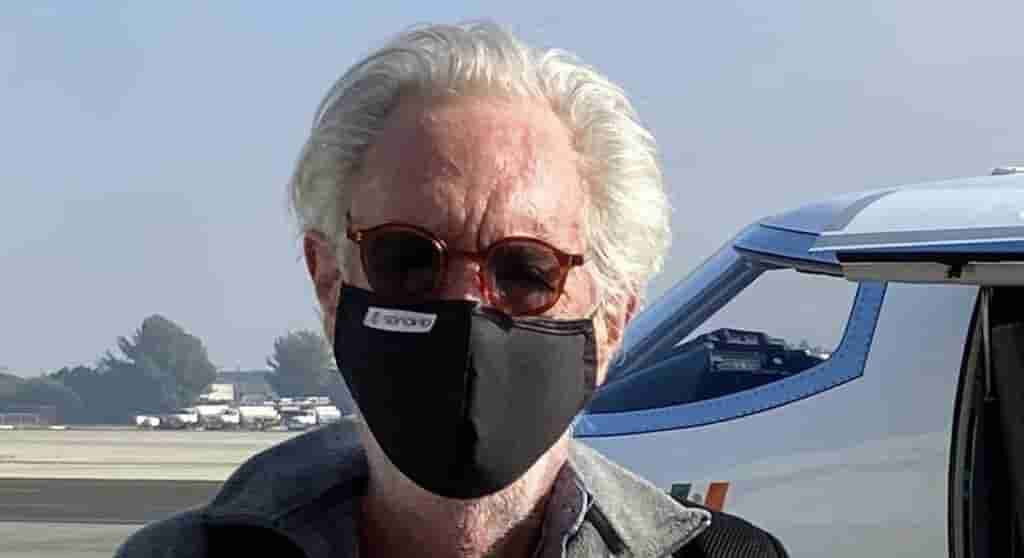In March, novelist and screenwriter John Blumenthal wrote a column for cleveland.com in which he discussed his speculations about how safe are those people who received COVID-19 vaccines but have immunity concerns. At that time, there were no available research and studies about the subject.
Blumenthal wrote about his friend, Tom, who has immunity issues. After Tom’s kidney transplant in 2003, he began taking immunosuppressant medicines every day. The medicines he has been taking have prevented his body to reject the new kidney and allowed him to live a normal life. But his resistance to any infection is compromised.
Tom, according to Blumenthal, worries something even more concerning: People who are immuno-compromised, which is about 3% of adults in the U.S., were not included in the vaccines’ clinical trials. Hence nobody knew if the available vaccines would work against the COVID19 virus if you have immunity issues.
But according to the director of the National Institute of Allergy and Infectious Diseases. Dr. Anthony Fauci, people like Tom, or those who have immunity concerns, must get the vaccine because some immunity is better than none. Tome received his two COVID-19 vaccine shots.

Like any of us, when we begin to worry about something, we turn to Google. And Tom did that. He found a recently published Johns Hopkins study that studied the level of immunity kidney transplant recipients could expect from COVID-19 vaccines. Figures showed that only 17% of those who received their first vaccination shot had any detectable antibodies.
Tom was able to get himself into the Hopkins study since he wants to know his antibody levels. When he got it, he already missed the first study but was still accepted after he got his second COVID-19 shot.
In May, Johns Hopkins released the results of the second study, where participants who already received their second shot were tested. Figures showed that 54% had detectible antibodies while 46% had none.
Just a week after, Tom got an email from the research institute and stated that he had tested “low-positive” for antibodies. It wasn’t great but at least it was not zero.
Tom had some encouragement but after reading the statement by one of the researchers, Dr. Dorry Segev who said, “Given these observations, transplant recipients should not assume that two vaccine doses guarantee sufficient immunity against SARS-CoV-2 any more than it did after just one dose.”
Johns Hopkins did a third study involving a group of 30 transplant patients that received boosters and they were able to identify that one-third of the participants had shown no detectible antibodies in the first two tests had some after getting the booster. Those who showed low levels of antibodies in the first two studies had increased their levels to a higher range.
Hopkins continued the study with more booster recipients since the study only involved 30 participants. Tom is still part of the study once he gets his booster shot.
Tom, unfortunately, found out that after the last Johns Hopkins tests, hospitals started reporting more cases of people infected with COVID19 even though they are already vaccinated. Tom is curious as to how many of these vaccinated people yet still contracted the virus has some immunity issues.
According to the U.S. Centers for Disease Control and Prevention, 40% to 44% of cases that required hospitalization were people with immunity issues.
Johns Hopkins’ scientists advised the immune-compromised people to continue wearing masks and continue observing precautions such as social distancing even after they receive their vaccines.
Tom has been wearing two masks even before the study began and even jokes about how tight his masks are. He is hoping to be reunited with his grandchildren by now but is still not able to do so.

